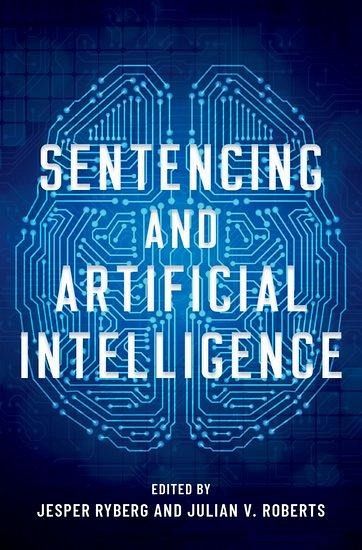
Sentencing and Artificial Intelligence
Versandkostenfrei!
Versandfertig in über 4 Wochen
121,99 €
inkl. MwSt.
Weitere Ausgaben:

PAYBACK Punkte
61 °P sammeln!
This book is the first collective work devoted exclusively to the ethical and penal theoretical considerations of the use of artificial intelligence at sentencing. Jesper Ryberg and Julian V. Roberts bring together leading experts in the field to investigate to what extent, and under which conditions, justice and the social good may be promoted by allocating parts of the most important task of the criminal court--that of determining legal punishment--to computerized sentencing algorithms.













